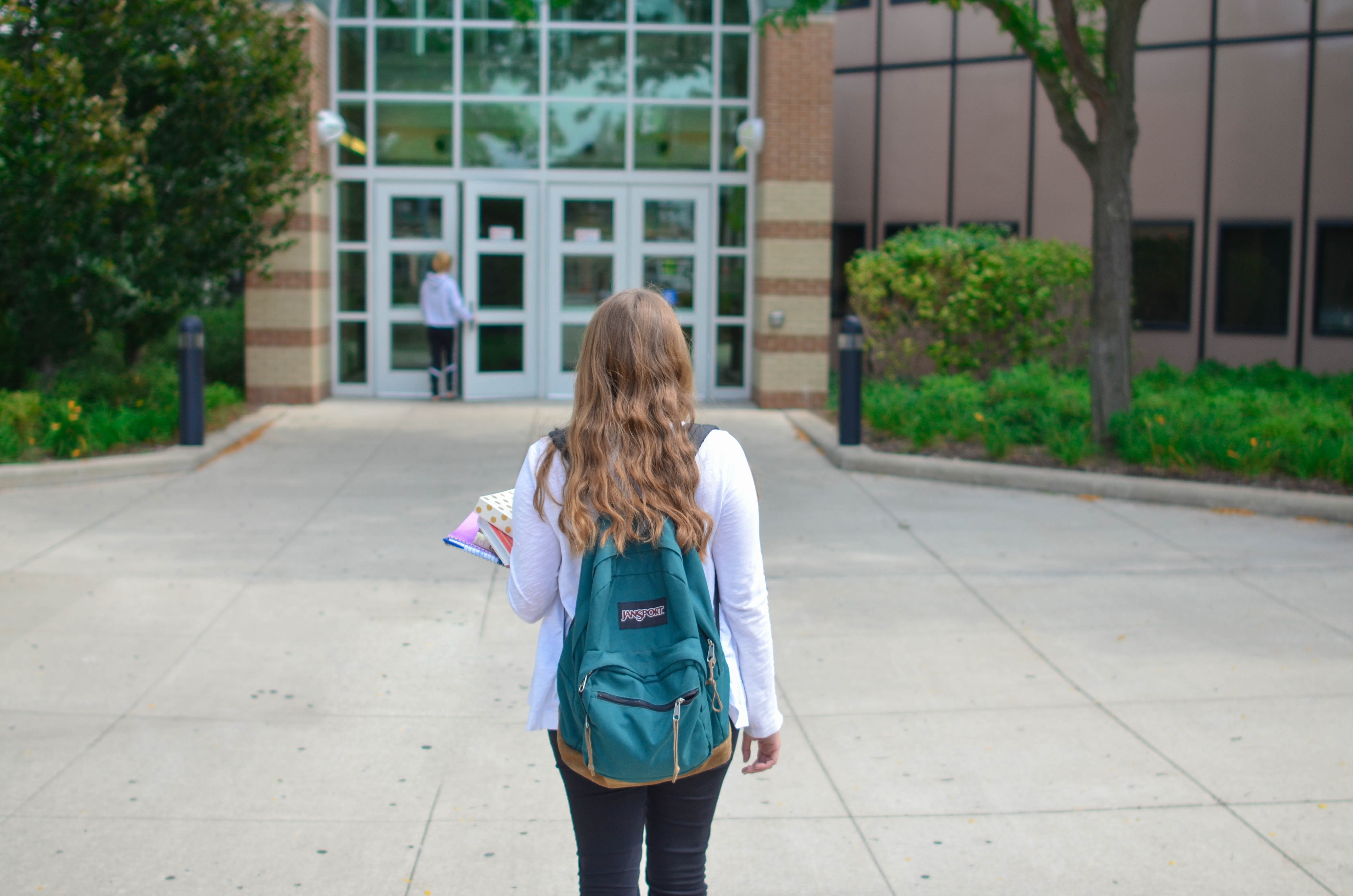In an attempt to crack down on the student debt which plagues 13 million college students, the Department of Education is planning to reduce the freedom students have with their federal aid money. In early January, the Department of Education announced a pilot program to put financial aid “refund” money on debit cards, with supervision and guidance from Big Brother. Under the Federal Student Aid Payment (PSA) Card, debit cards will be used for “everyday goods and services” and come with a mobile app.
The pilot program will give the Education Department the ability to closely monitor spending. Dr. A. Wayne Johnson, Former Chief Operating Officer of the Office of Federal Student Aid (FSA), told Inside Higher Ed that the department would, in fact, maintain oversight of students’ funds. Johnson said the government will have control of when, where and how federal loan money will be spent. “We will have control,” Johnson said.
This upcoming spring, 100,000 students will be a part of the PSA Card program. In the new process, students will apply online through the school and load student loan money on the debit card. According to Inside Higher Ed, “The card would come with no fees and would allow a student to issue checks from their account and monitor transactions.”

Currently, federal student loans and grants are given to colleges and universities to aid student loan recipients. After tuition costs are covered, the remaining money is “refunded” to students in the form of a check or bank deposits.
The refunds help students with anything from computers, textbooks, rent and food. As of now, there is no limit on how the money is spent. However, the Department of Education believes that students need guidance on spending their federal loan money.
According to the Hill, the program will “enable more informed customer decision-making that helps customers understand the financial implications of their student loan debt.” The mobile app will provide “real-time, continuous counseling” for each purchase made.
Additionally, students will receive text messages discussing the long-term “ramifications” of spending federal dollars. Johnson said, “Allow the Education Department to add better customer service and help students understand the implications of their spending and how it affects their student loan debt.”
Not only will the Feds be judging students on their purchases, but the PSA card will also limit what students can purchase. The draft says purchases will be restricted if they do not align with government approved use of funds, but there are no specific guidelines provided as to what is government approved and what is not.
The vague language is a major criticism of the solicitation notice. For example, some purchases are necessary, but may not fall into government approval. When non-traditional students have to make purchases such as paying for daycare, they will constantly fear that the government will only accept purchases like textbooks or computers.
Dr. A. Wayne Johnson told Inside Higher Education via email that the “FSA does not currently envision restrictions being placed on the use of funds.” In response, Democrats have sent a letter to Johnson with 19 questions about how the Education Department plans to roll out the cards and protections that would be included for students.

The next step for the pilot program is to choose a contractor to facilitate the federal student aid cards. Some critics worry about who the government will choose because bringing in outside business can lead to that business selling student data, possibly leading to more debt for students.
Additionally, the contractor could potentially market certain products to students, increasing the risk of students making wrong financial decisions. “It could be that there are companies that would find this attractive, not so much for the card itself but for the opportunity to pitch other products or try to develop brand loyalty from customers,” Lauren Saunders, associate director of the National Consumer Law Center, told Inside Higher Education.
Under instructions in the solicitation document, students could only get additional promotions if they gave permission to the company. According to Buzzfeed News’ interpretation of the January notice of the federal registrar, “the Education Department [will] act more like a bank, providing money directly to students and overseeing its usage, and even managing outside money, like funds transferred onto students’ cards from parents and peers.”
This past year, the Education department limited how much loan forgiveness students who were defrauded by their colleges could receive. Not to mention, last year’s tax cut limited a variety of college cost reduction methods.
The Federal Student Aid Payment card is another attempt from Secretary of Education Betsy Devos to revamp student aid operations. Last year she announced that she had plans to “modernize” and “streamline” student aid operations. “We are focused on bringing FSA into the 21st century,” said Secretary Betsy DeVos in a statement. “Wayne has laid out a strong plan to make that happen.” The PSA card is another DeVos movement towards cracking down on the use of Federal Funds.

















